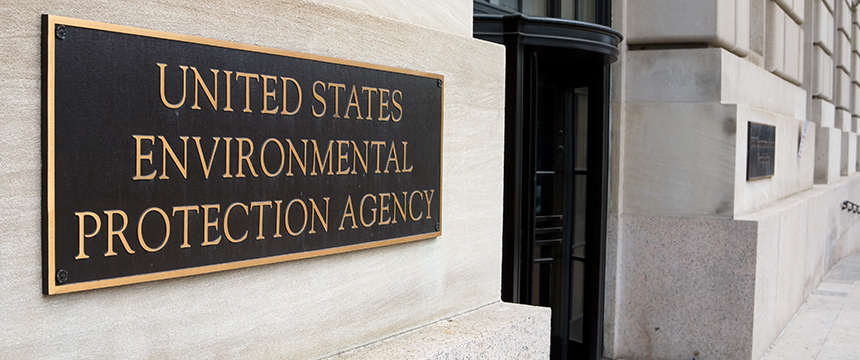EPA Seeks Comment on Its Sweeping Proposal to Ban Manufacture and Commercial and Industrial Use of Trichloroethylene (TCE)

On October 31, 2023, the EPA published a proposed rule in the Federal Register pursuant to its authority under the Toxic Substances Control Act (TSCA) that would effectively ban trichloroethylene (TCE) for all commercial and industrial uses. TCE has for decades been commonly used as a degreaser and can also be found as an ingredient in adhesives, paint removers, cleaning products, furniture care products, refrigerants, and other consumer and industrial products. Under TSCA, the EPA has the authority to prohibit any chemical substances that present an unreasonable risk of injury to health or the environment. The proposed rule could have sweeping implications for not only TCE manufacturers, but for any businesses currently using TCE in their processes or products.
The proposed rule follows the EPA’s December 2022 Risk Evaluation for TCE which found that TCE “presents an unreasonable risk of injury to health.” During their evaluation, the EPA identified numerous risks from inhalation and skin exposure to TCE including “developmental toxicity, reproductive toxicity, liver toxicity, kidney toxicity, immunotoxicity, neurotoxicity, and cancer.” For this reason, the EPA determined that TCE is carcinogenic to humans by all routes of exposure based on the EPA’s Guidelines for Carcinogen Risk Assessment and issued the proposed ban.
The proposed rule would prohibit the manufacture, import, processing, industrial and commercial use, and disposal of TCE to industrial pre-treatment, industrial treatment, or publicly owned treatment works, and distribution in commerce of all TCE except for the limited exemptions discussed below. The proposed rule also requires manufacturers and importers of TCE to meet certain recordkeeping and notification requirements.
The proposed rule is likely to affect the fossil fuel industry, textile and fabrics industry, industries using wood, chemical manufacturers, tire and rubber manufacturers, electronics manufacturers, automotive manufacturers, and adhesive manufacturers among many others. According to the EPA, over 80% of the volume of TCE produced is used to manufacture the hydrofluorocarbon HFC-134a which has historically been a common refrigerant in many applications such as motor vehicles and air conditioning systems. In addition, the agency has indicated that around 15% of TCE produced is used in degreasing operations.
Under section 6(g) of TSCA, the EPA can grant narrow exemptions to the ban or prohibitions for use of a chemical for a period of time when the chemical is needed for critical or essential uses for which there are no alternatives. The EPA has proposed limited exemption periods for certain industries and activities including battery separator manufacturing, TCE use in laboratory activities, TCE use in Department of Defense (DOD) naval vessels and systems, and TCE use by the National Aeronautics and Space Administration (NASA) and its contractors in rocket engine cleaning.
Comments on the proposed rule must be received on or before December 15, 2023. However, the EPA has noted that comments on the information collection provisions of the proposal are more likely to be considered if the Office of Management and Budget (OMB) receives comments before November 30, 2023. The EPA will likely issue a final rule in 2024, and the rule would take effect for consumer products and most commercial uses one year after the effective date of the final rule.
For additional information on how the proposed rule may affect your products or operations or for assistance with commenting on the proposed rule, contact Amanda Beggs, Katie Plachta, Erik Swanholt, or your Manufacturing Sector contact at Foley & Lardner LLP.


